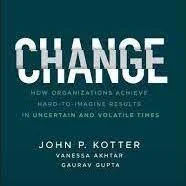Highlights - Lee Jaffe - Author of “Jean-Michel Basquiat: Crossroads” - Artist, Musician, Poet
/Artist, Musician, Poet
Author of Jean-Michel Basquiat: Crossroads
Jean-Michel Basquiat's combination of words and images, this visual poetry, just from a cultural standpoint has been so important. When I met him in 1983, black people were not allowed in the art market, pretty much. And you see that he broke down this barrier, which opened the door for all this multiculturalism within the art market. And you can't diminish the importance of that at all. It's helped to give a voice and an audience to all these incredible artists that might not have had that.


















